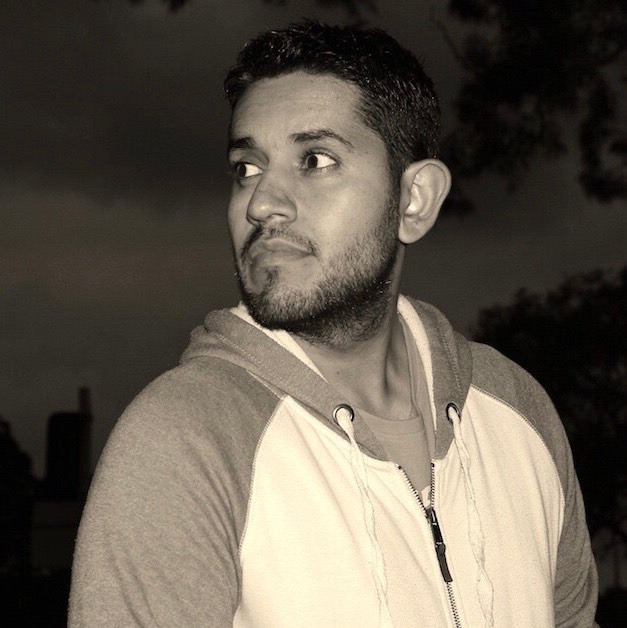[Watch our review above or read it in full below!]
–
A friendship meets its end in The Banshees of Inisherin, the fourth feature from writer-director Martin McDonagh (Three Billboards Outside Ebbing, Missouri, In Bruges, Seven Psychopaths).
McDonagh takes us to the fictional Irish isle of Inisherin in 1923. As the Irish Civil War slowly comes to a close, the folks on Inisherin continue to lead simple lives. They attend church. They go to the pub. They gossip. Rinse and repeat. Among them live Pádraic Súilleabháin (Colin Farrell) and Colm Doherty (Brendan Gleeson), two lifelong friends and drinking buddies that hit quite the turning point in their relationship. Colm, you see, has suddenly decided to stop being friends with Pádraic. “I just don’t like ya no more,” he tells him. The sudden end in their friendship kicks off a chain reaction of increasingly dark events, as Pádraic – completely shaken by Colm’s change in attitude towards him – endeavours to get things back on track and Colm holds shockingly steadfast in his decision.
The plot includes other members of the island, including Pádraic’s loving and no-nonsense-taking sister, Siobhán (Kerry Condon); Dominic (Barry Keoghan), a loveable, fidgeting simpleton who is friends with Pádraic; and Peadar (Gary Lydon), the menacing local policeman and Dominic’s abusive father.
On the surface, this is a somewhat simple tale of a relationship gone awry. But it’s in the layers that McDonagh really works his magic. Banshees finds McDonagh navigating his wonderfully drawn characters through drama, tragedy, and almost farcical comedy. It’s quite the emotional ride: laughing one second, almost crying or disgusted the next. But more than that: I found myself really considering the many themes McDonagh’s story puts forward – it’s had me thinking about it long since watching. Discussion points on friendship, self-awareness, loneliness, ego, family… I could go on. And then there’s the location itself and McDonagh’s selected time period. The Island of Inisherin is like a character in itself, and the Irish Civil War, which serves as the backdrop and is given many key references, can be looked at as a significant metaphor.


McDonagh’s screenplay, while dealing with just a few characters on a small island, feels ambitious in thematical and emotional scope. Its musings on the human condition morph from heartbreaking to amusing, and they prove thought-provoking throughout. There’s even a Grim Reaper figure, a banshee, that furthers this story into something of a Biblical parable. Like I said, there’s a lot to it, if you wish to see it that way.
McDonagh reunites his In Bruges leads Farrell and Gleeson for this fable, giving the two fantastic actors plenty to chew on with characters that often say as much in silence as they do in their more dialogue-heavy moments. Gleeson is, of course, just great here, but it’s Farrell that really carries us along in one of his very best performances to date. Pádraic begins as a befuddled, simple man that carries an almost childlike innocence, but Farrell is careful to not make him too daft, keeping us empathising with him – even while we laugh at him. The character is given a strong arc, allowing Farrell to showcase everything from comedy, to heartbreak, to fury. It’s a brilliant performance.
With its ultra-dark turns and varying levels of ambiguity, The Banshees of Inisherin is certainly not for all tastes, but wit and profundity lie ahead for those willing to immerse themselves into McDonagh’s funny, absurdist, bittersweet, tragic morality tale.


‘The Banshees of Inisherin’ opens in Australian cinemas on December 26th.











